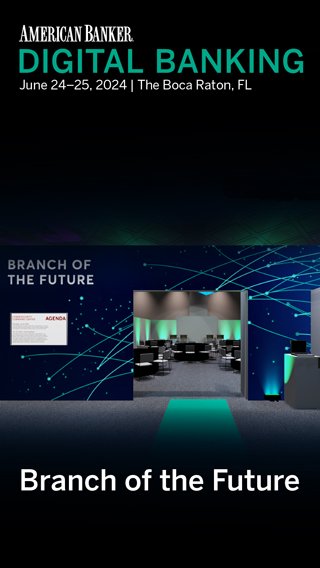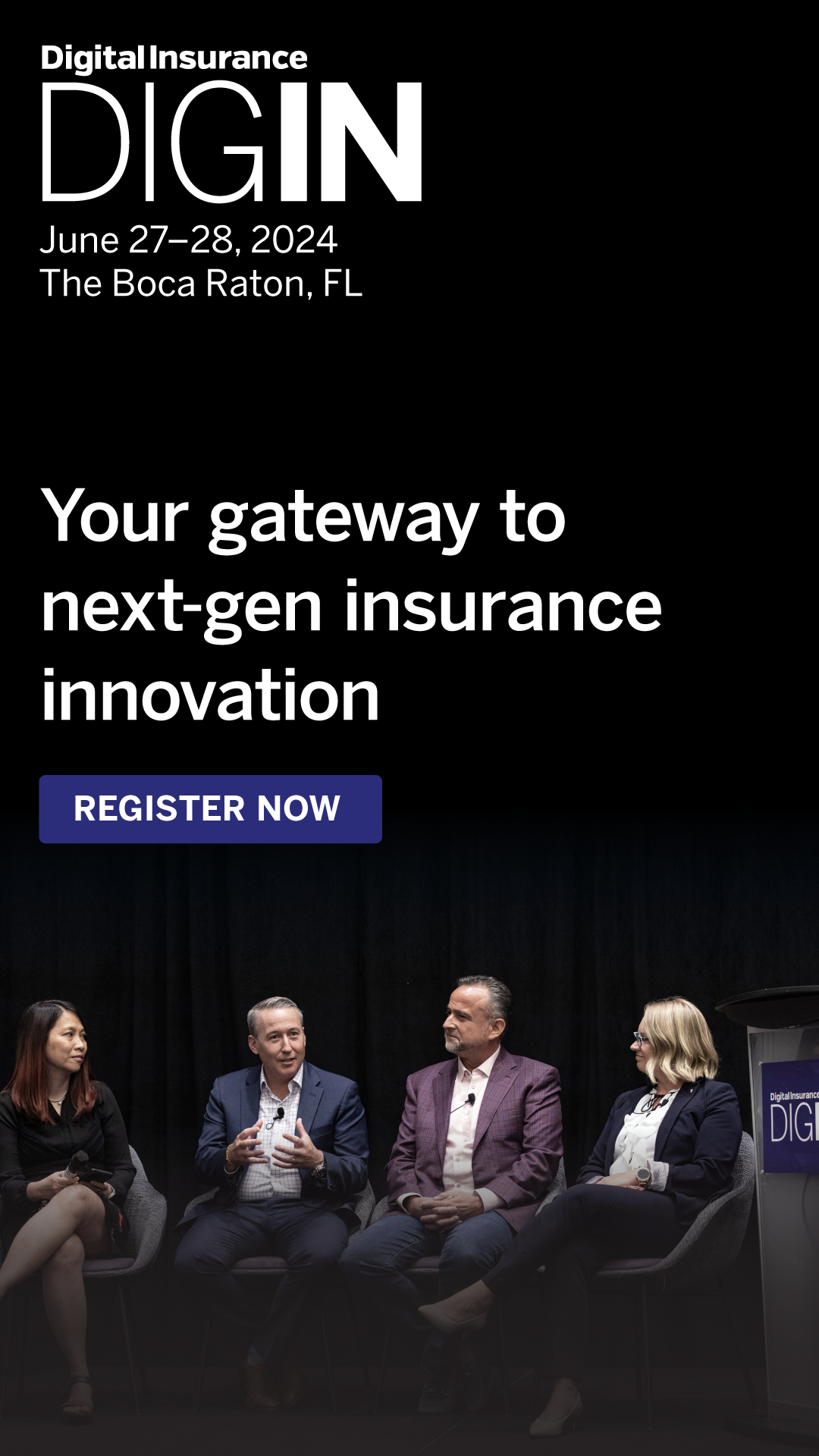An interview with Penny Crosman
/What do bank execs and fintechs need to be successful in this next-wave of digitization that’s occurring across financial services? American Banker’s Executive Editor, Technology, Penny Crosman, sat down with The FR guest contributor and Caliber CEO, Grace Keith Rodriguez, to discuss this and more as they took a closer look at how a revamped 2024 American Banker Digital Banking conference is paving the way.
What’s different about this year’s Digital Banking conference compared to years past?
We're taking quite a different approach this year. We're calling this year's Digital Banking conference “Bank of the Future,” and instead of having lots and lots of panel discussions and fireside chats, we're devoting a fair amount of the time and the agenda to more immersive participatory elements. For instance, we invited several technology companies to come and bring prototypes of technologies on their drawing boards and let people play with them live. We'll have workstations and augmented reality headsets and things set up so that people can actually play around with some of these latest or prototype versions of financial technology.
We're also going to have an emphasis on case studies on having specific users of technology come and tell their whole story, including the problem, the solution, what the deployment was, like, what the usage is, what the results have been. And then the other newer element is lots more roundtable discussions for people interested in a specific area to have pure discussions about what's on people's wish lists, what people are thinking about buying, what their needs are and so forth. We’ll still have some general sessions, panels and fireside chats, but the goal is to make this more participatory and more active than a classic conference. We’re thinking about it as a “choose your own adventure” style to allow people to hop around to the specific areas that they are most interested in and spend a lot of time there. We hope that people will find this evolution of the conference interesting and engaging. Of course, as we always do, we’ll take a lot of notes, we'll do a lot of observing to see the things that really work well and where we could rethink or modify. It should give people a lot of things to look at, touch and learn from and then have ideas and action plans to take back to their banks or companies.
What motivated the format change for this year, and how did you come to be part of American Banker’s in-person events?
This event started as a mobile banking event in 2007/2008, and around 2014/ 2015, we changed it to what it’s now known as, Digital Banking. So you know, with events, you always want to be rethinking them, freshening them up, keeping them up to date. When it started mobile banking was a journey many were first entering, now we’ve reached a point of saturation where everybody has a mobile experience and everybody has certain table stakes features.
This year, our CEO, Jeff Mancini, came up with this overall concept of what this should be, wanting to make our events different, wanting to make them more experiential. From there I get to work with my colleagues on the events side to decide what should the different areas of this be, what should some of the experiences be, which companies might be relevant to the topics? So it became very collaborative with the goal of wanting to breathe new life into this event.
At Arizent, we have a conference group that's very interested in having editors and reporters involved in our events. Our events are very much tied to our brands—American Banker has several events, as do Bond Buyer, National Mortgage News, Digital Insurance, Financial Planning and others. So there's always been this interest in having the editorial staff heavily involved in the events. The whole staff here is involved in various ways, from moderating panels and doing fireside chats to sometimes emceeing. This year we're taking a little bit more of a partnership approach as we are partnered with McKinsey for the Digital Banking conference, so McKinsey is going to have a role as well as our editorial staff. I never did much public speaking until I came here. It's definitely a great experience for any reporter or editor to push yourself to get up on stage. Public speaking skills are so important in any job you might want to have and you only really learn by doing it.
What trends in banking innovation are currently grabbing your attention and will be discussed at this year’s event?
Everyone's thinking about generative AI and there's a lot of FOMO about it—often it’s the board executives saying, “What are we doing about this?” Some banks are being given a budget to do a lot with AI. Some are not. But there's certainly a lot of interest in what should be done on the AI front. There seem to be a lot of pilots underway. I'm hearing a lot of people focused on what they need to do to compete with the leaders in the space and worrying about where they should be cautious. All the banks are being super cautious right now but a lot of them are using generative AI for lower stakes things like summarizing customer service calls and giving employees some kind of co-pilot to help them find information or write a first draft of an email or things of that nature.
The whole hype cycle of GenAI has brought more interest in regular AI, machine learning and neural networks. I think another thing that a lot of people are thinking about is the way that AI helps hackers and fraudsters to do their job better. So there's this constant need to try to keep up with, and ideally stay ahead of, the hackers and scammers, as impersonation attacks have gotten better and better over time. We just published a story about MasterCard using AI to find little snippets of stolen card information in a way that a human probably couldn't quickly look at 200,000 accounts to look for that kind of information. So that's the kind of thing that a lot of people are thinking about, the many sides of AI.
What trends in industry events for financial services/fintech, or the events and tradeshows industry more broadly, are grabbing your attention?
One thing I have noticed is that I'm seeing more short and punchy pop up events, often sponsored by a vendor or small group of vendors. I'll just get an email saying we’re doing a small event on cloud computing and financial services around the corner from your office next week from 12-5 p.m. with a few speakers. That’s appealing because it's not taking the whole day, it’s very specific, it’s nearby and there are some interesting speakers and attendees. I think it’s an interesting concept—a lower risk, lower return kind of thing.
I also feel like there's a little bit of a trend toward tacking on to existing events like, like Empire Startup’s NY Fintech Week, the Empire event itself has always been a one or two day conference, but it's become a week with all of these other events around it. There are cocktails and adjacent events, and this year, we even hosted an event here at our office, where we had a panel discussion in the evening with a cocktail party. I guess we're seeing the extremes, you know, because you have the Money20/20 event, which keeps getting bigger, and then you have a lot of new small events.
To learn more about Digital Banking and other Arizent industry events, visit their website here.
The FR is a proud media and marketing partner for Arizent’s 2024 fintech and financial services events. We're excited to offer banks and credit unions an exclusive discount to the 2024 Digital Banking conference—save 15% with code THEFR15 here.








